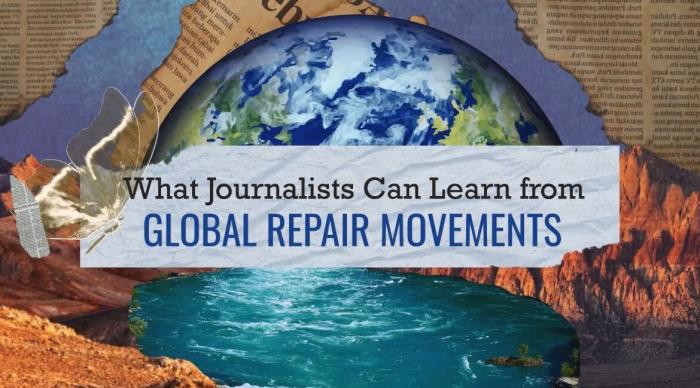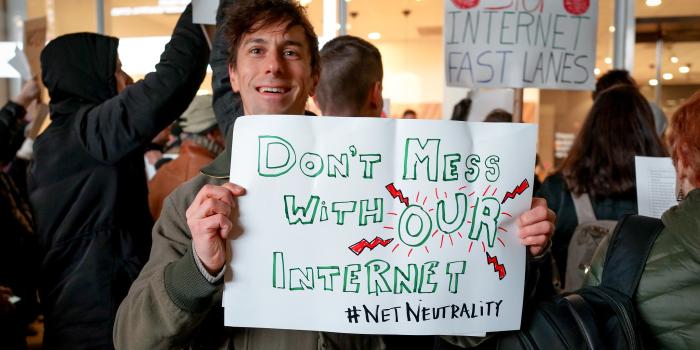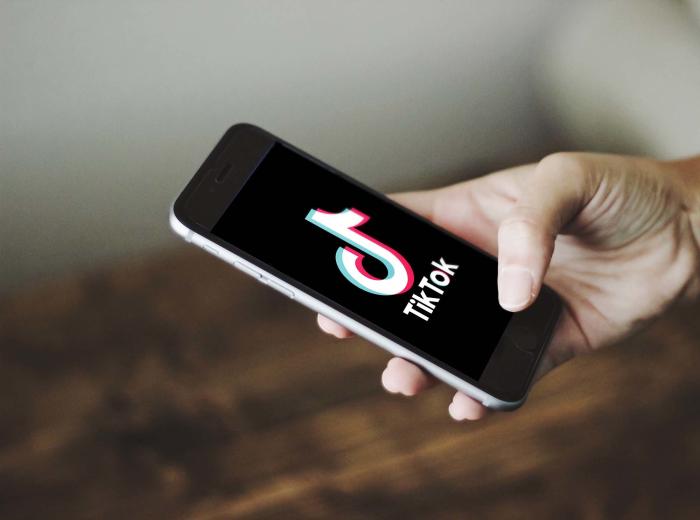Threads vs. Twitter: A Cage Match with Few Real Winners

Elon Musk and Mark Zuckerberg are going toe to toe in more than one arena. Their latest cage match is over the future of micro-blogging, the social-media format that involves short posts shared with followers on a networked platform.
Most are familiar with micro-blogging as it appears on Twitter, a platform that boasts some 235 million daily active users. But since Musk has taken the reins at the platform, making it an even more toxic hellscape of bigotry and disinformation, many have sought to go elsewhere.
Enter Zuckerberg, who last week launched Threads, a Twitter-like platform that’s available to Meta’s 500 million active Instagram users. In less than a week, 100 million people have opted to join, reaching a critical mass of users large enough to threaten Twitter’s micro-blogging dominance.
And sure enough Twitter is feeling the pressure. Recent media reports have the platform’s traffic in decline since July 5, when Threads launched. Similarweb reports that Twitter’s web traffic was down 5 percent since then. It’s down 11 percent compared to the same period last year, but the decline has accelerated in the last week.
Kicking Threads’ tires
But before you join the mass exodus to Threads, it’s worth sorting through its terms and conditions to be sure you aren’t leaving one mismanaged hellscape for another.
Early signs aren’t encouraging. According to reports by Bloomberg and Media Matters for America, a number of prominent conspiracy theorists and white supremacists have taken up residence on Threads, including 2020 election-denier Jack Posobiec and neo-Nazis Nick Fuentes and Richard Spencer. The Kremlin propagandists at Sputnik News are on Threads too, as is the transphobic hate monger Libs of TikTok.
Meta’s retreat from moderation
This begs the question: What is Threads doing to moderate against the spread of harmful content? Again, the signs aren’t encouraging.
Threads parent company Meta has let go more than 20,000 workers since last November. This includes those responsible for protecting user health and safety, and members of the team that combats the spread of disinformation designed to sow confusion around elections in the United States and abroad. The social-media giant has also retreated from efforts to combat the spread of COVID misinformation, taking a “less-restrictive approach.” This is happening as conspiracy theorist Robert F. Kennedy Jr., one of the leading Democratic presidential candidates, takes his fact-free, anti-vaccine message to the campaign trail and onto Threads.
Meta has yet to craft community standards that are unique to Threads, relying instead on those that govern Instagram, a significantly different interface.
That’s simply not good enough.
As Free Press found in our October 2022 report, Empty Promises, Meta routinely fails to apply its content-moderation policies equitably or at scale. These failures are now apparent on Threads. The solution is to implement strong internal policies that are specific to Threads’ rapidly growing text-based platform, including safeguards to limit the spread and visibility of dangerous speech, lies, hate, harassment and extremism.
Protecting your data? Not so much.
And what about user privacy? Meta refused to roll out its new product across the European Union, citing rules there that require users to give “affirmative consent” at the time a platform collects their personal data for processing. Threads doesn’t do this.
This collection includes data about your location, financial details, health information, recent purchases, pregnancy or childbirth status, sexual orientation, gender identity, income, browsing history and other personal information. By comparison, the United States lacks the level of privacy protections that have been adopted in Europe under the General Data Protection Regulation and soon-to-be-enforced Digital Services Act.
If that doesn’t send up warning signals, it should. It’s also a call to action in support of stronger data-protection laws in the States. Free Press Action has advocated for reintroduction of the American Data Privacy and Protection Act, which received strong bipartisan support in the previous Congress. And we've helped organize public participation in a recent Federal Trade Commission proceeding that seeks to investigate harmful practices involving the collection, aggregation and processing of people’s data.
So before you take Threads for a test drive, it’s worth taking a long look under the hood. At a systemic level, Threads shares many of Twitter’s deficiencies.
It might be better to pressure Zuckerberg to sort out these issues (something we’re doing as founding members of the Change the Terms coalition) or to wait until a better social-media option comes along — one that puts your interests before those of two Big Tech moguls.
Help Free Press keep fighting for the online protections you deserve: Donate today.





